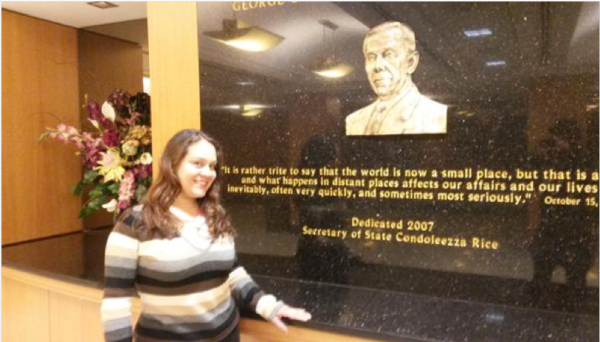Call for Support for Rasmea Odeh, Monica Jones & Anti-Police Violence Activists
For Immediate Release–March 23, 2015
Contacts: Rasmea Defense Committee, #Justice4Rasmea: Hatem Abudayyeh, hatem85@yahoo.com, 773.301.4108
Best Practices Policy Project, #StandWithMonica: Darby Hickey, 202.250.4869
Community Justice Project: Meena Jagannath, meena@floridalegal.org
Geneva–Human rights advocates from the U.S. met Friday in Geneva with the United Nations Special Rapporteur on Human Rights Defenders, to call for support for human rights advocates in the U.S. who face police harassment, arrest and other state violence for their efforts to stand up for their rights and the rights of others. The advocates were part of a U.S. Human Rights Network delegation in Geneva that is educating the UN Human Rights Council about rights violations in the U.S. in advance of its review of the U.S.’ human rights record in May. They asked the Rapporteur to monitor the cases of Palestinian activist Rasmea Odeh, of transgender and sex worker rights activist Monica Jones, as well as the ongoing harassment of activists at the forefront of nationwide protests against racist policing and police brutality.
Rasmea Odeh, 67 years old, is deputy director of the Chicago-based Arab-American Action Network, and has lived in the U.S. for 20 years. Advocates informed the Rapporteur that she faces imprisonment and deportation because of her work on behalf of the Arab immigrant community and for Palestinian human rights. Federal authorities alleged that Odeh did not disclose her conviction in Palestine 45 years ago by an Israeli military court, an institution with a long record of human rights violations. At the time of her arrest in Palestine, Odeh, then a 22 year-old student, was forced into a confession while being subjected to 25 days of physical and sexual torture. Odeh never committed a crime, and her arrest and conviction by an Israeli military court were unlawful. During her recent sentencing hearing, federal authorities branded this community advocate and torture survivor a “terrorist.” Odeh was sentenced to eighteen months imprisonment, followed by deportation, but her sentence has been stayed pending appeal.
Monica Jones updated the Rapporteur about the danger she faces as an activist for transgender and sex worker human rights. The target of discriminatory police profiling, she was wrongfully arrested under an anti-prostitution police sweep program in Phoenix, called Project ROSE, a day after speaking out publicly against the program. After a long fight and an appeal, a judge dismissed Monica Jones’ charges earlier this year. However, the unjust laws she was arrested under remain in place, and like many transgender and gender non-conforming people of color, she is threatened by regular harassment by police, who use these laws to intimidate and harm members of communities already enduring rampant discrimination.
Advocates also informed the Rapporteur about the persistent threats and violence that those organizing throughout the U.S. for justice in the wake of the police killing of Mike Brown Jr. in Ferguson, Missouri, and countless other unarmed people of color. Examples include the arbitrary arrests and continued police surveillance and harassment of activists in Ferguson and St. Louis, MO. Numerous other activists have complained of such harassment across the country, demonstrating a concerning trend towards targeting of those who have been visibly organizing against police brutality and racism in the past several months.
“We are pleased that the UN Special Rapporteur on Human Rights Defenders is taking note of the harassment that people in the U.S. face, simply for standing up for human rights,” said Meena Jagannath, attorney with the Community Justice Project based in Miami, which works with the Dream Defenders and helped submit a report to the UN Committee Against Torture on behalf of the parents of Mike Brown and Ferguson-St. Louis groups last November. “We hope the global community can impress upon the U.S. government the importance of respecting the right to dissent.”
****PHOTOS AVAILABLE****
###











